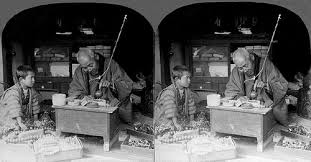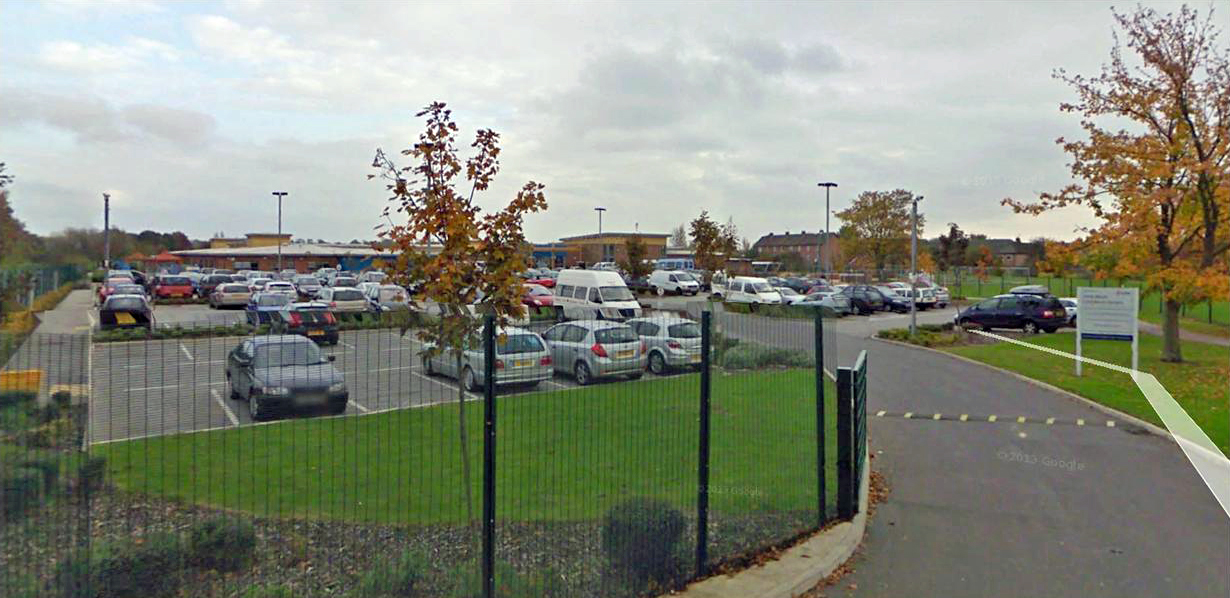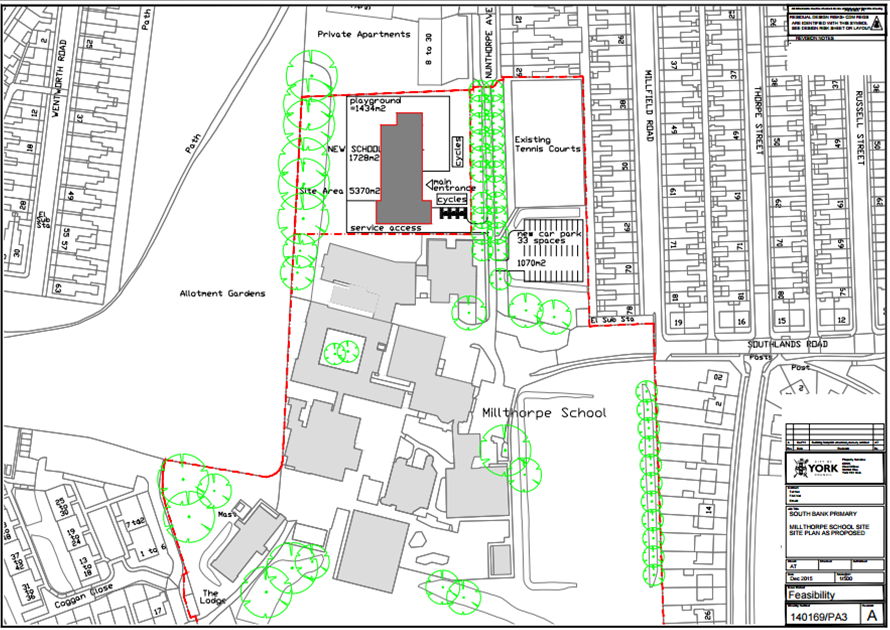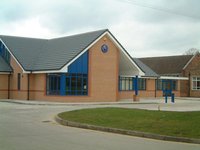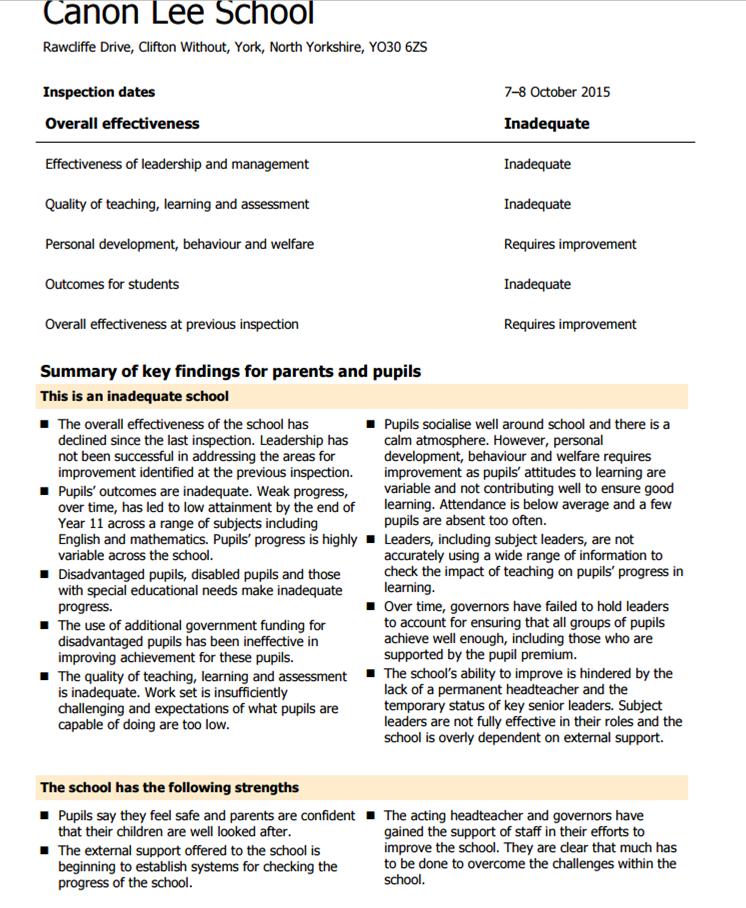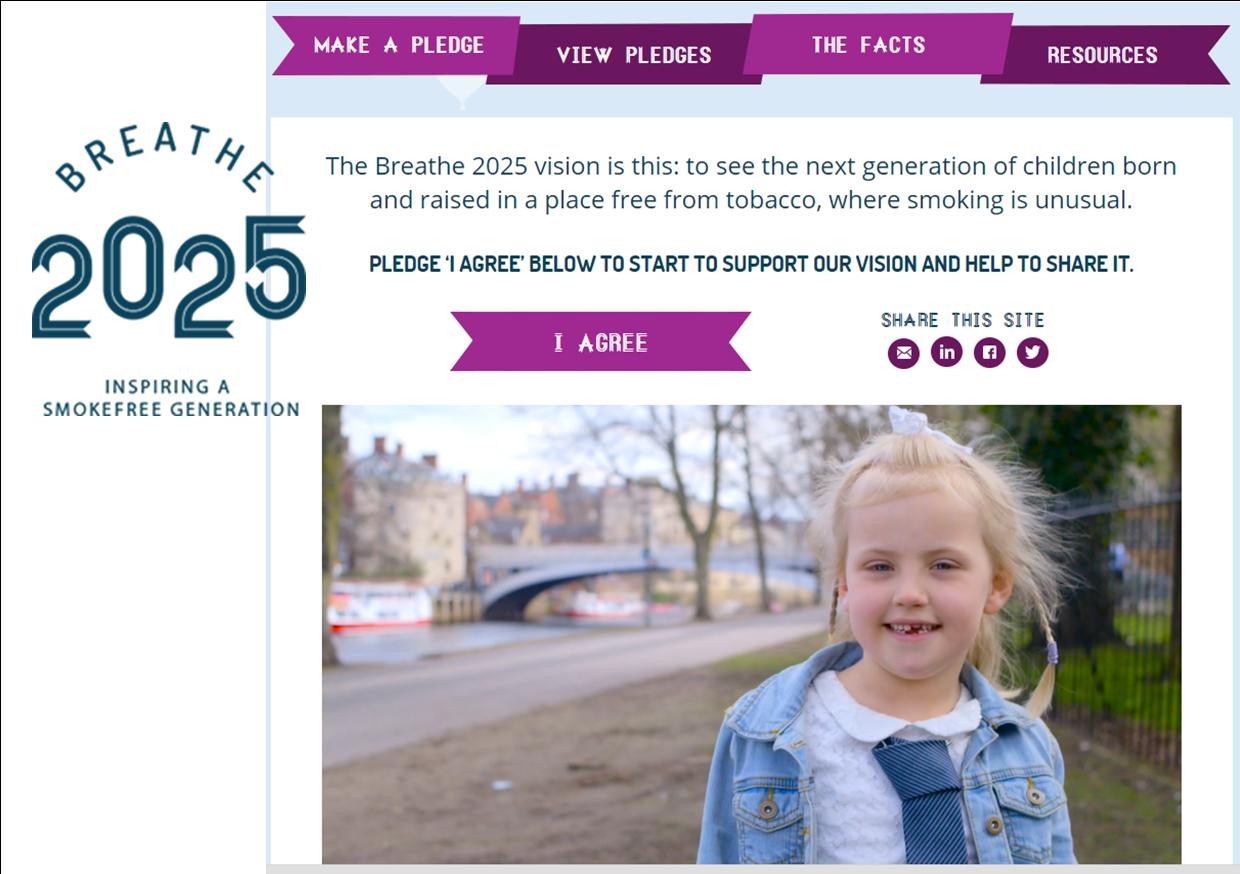Disappointing results at York High
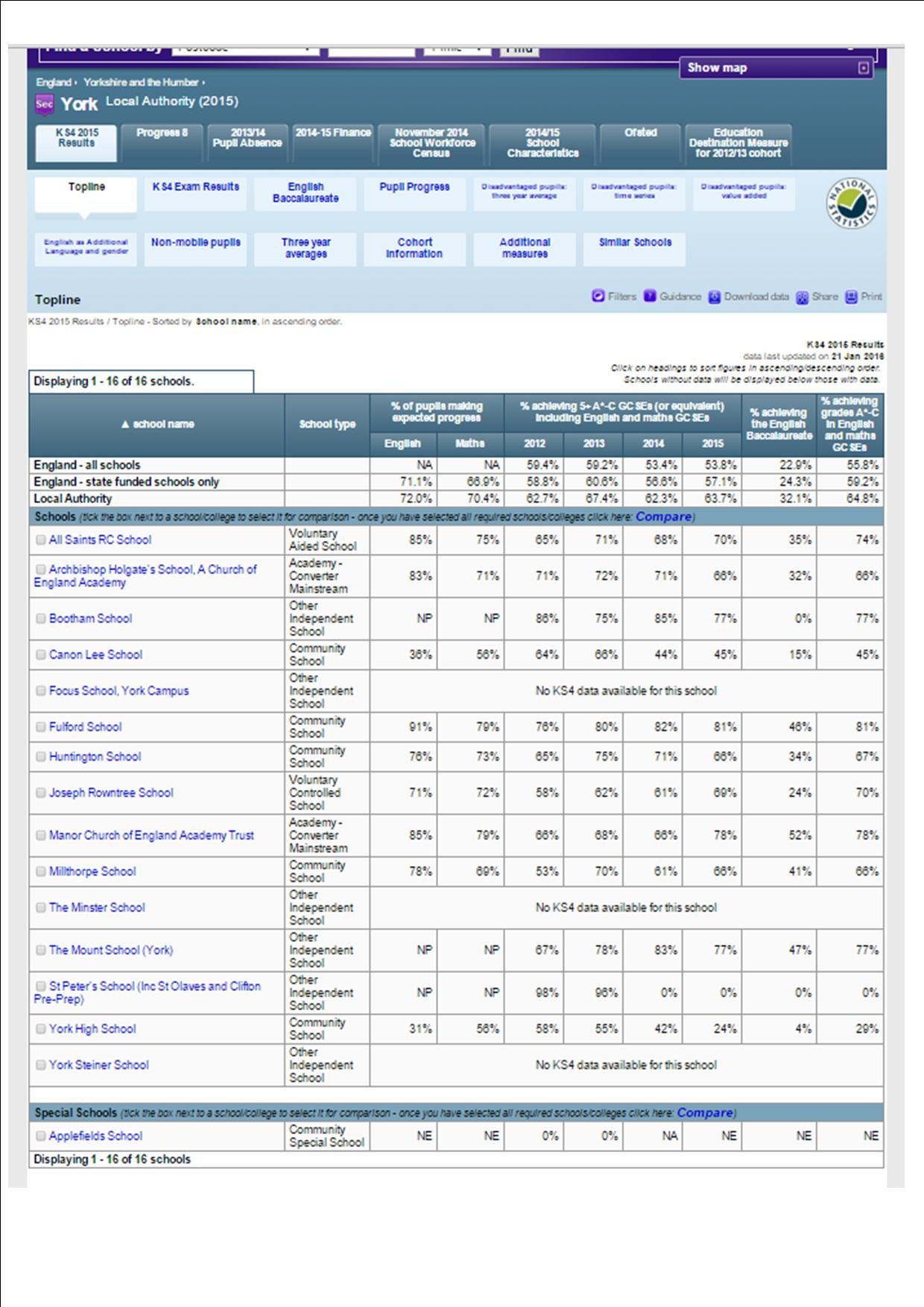
Exam results in York click to access more information
The Department for Education has published the results of GCSE exams taken last year. They make grim reading for the York High School where success rates have plunged.
Of course, there may be many reasons for this and parents will be expecting a full explanation from the head teacher and his school governors in due course.
York schools generally performed better than the rest of the UK with 64% of pupils achieving good GCSE results against an a national average of 57%.
From next year, schools in England will be measured on what is known as Progress 8. Progress 8 will replace the five or more good GCSEs, including maths and English, benchmark as the key measure for all secondary schools.
Progress 8 assesses the progress pupils make between Key Stage 2 tests taken at the end of primary school and their performance in a specified mixture of eight subjects at the end of secondary school. Schools will be given a score based on how their pupils have progressed compared to the national average.
This year, schools were given the option to “opt in” for Progress 8 and 327 schools (around 10%) took this up.
Nationally, head teachers have long complained measuring success on the basis of GCSE results alone is unfair as it does not take into account the intake of the school.
But ministers have maintained parents want and need simple and easy-to-digest information about schools.
The difference in achievement by gender is startling, with roughly a fifth fewer boys than girls reaching the end of Key Stage 4 with a good set of GCSEs.
Some 61.8% of girls got five good GCSEs, including English and maths, compared with 52.5% of their male peers.
And fewer boys than girls made at least the expected level of progress – 65.9% of boys opposed to 76.5% of girls.
More girls (29.3%) than boys achieved the English Baccalaureate (EBacc), which requires GCSEs in two sciences, a language, history or geography, as well as English and maths. Only 19.5% of boys obtained it.
Overall, 24.3% of pupils achieved the EBacc.
There was also a marked difference between the performance of disadvantaged pupils (those eligible for the pupil premium) and their more advantaged peers, with just 36.7% getting five good GCSEs, including maths and English, compared to 64.7%.
The poorest performing local authority was Knowsley on Merseyside, where 37.4% of pupils met the required standard, compared to the national average of 57.1%.
